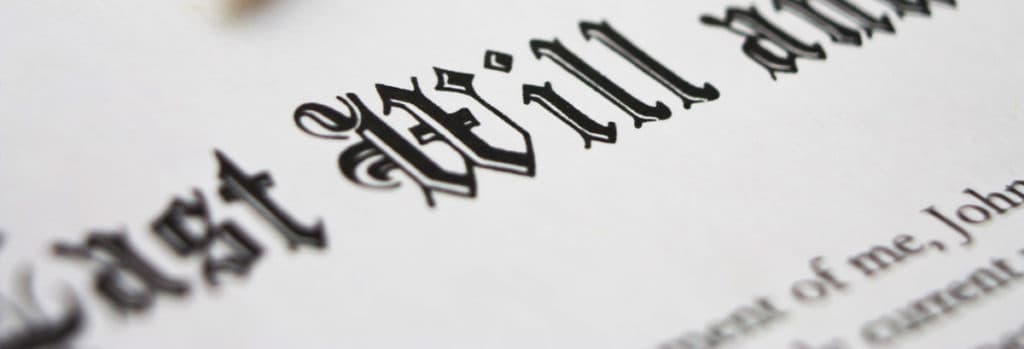
The recent decision of the Ontario Court of Appeal in Quaggiotto v. Quaggiotto has provided a greater explanation of how the courts will treat a testator’s knowledge of the extent of their assets when considering the issue of testamentary capacity.
In order to make a will, you must be found to have testamentary capacity (the ability to make a will). One of the components of that test requires that the person making the will must “understand the extent of the property of which he is disposing.” Since the landmark case of Banks v. Goodfellow in 1870, the courts have not held that a person making a will must have precise or even a completely accurate knowledge of their property. Rather, they must have an overall idea of the type and value of the property that they are disposing of in their will.
In Quaggiatto, the deceased Maria Quaggiotto had executed a will in 2011 that split her estate evenly between her two sons, Franco and Livio, and also named them as joint estate trustees. A new will was executed in 2014. The new will left small bequests to Franco and Livio’s children, with Livio as the sole residual beneficiary. Livio was also the sole estate trustee under the 2014 will.
Franco challenged the validity of the will, arguing that it was improperly executed, that his mother lacked testamentary capacity, and that there was undue influence exerted against her. With respect to testamentary capacity, Franco argued that his mother’s knowledge of the extent of her property did not meet the standard required by Banks.
The trial decision affirmed the validity of the 2014 will. These findings were upheld by the Ontario Court of Appeal, which went into great detail describing Maria’s knowledge of her assets at the time she made her will and that her lawyers took detailed notes throughout the entire process, which supported the idea that Maria had capacity to make a new will in 2014. The court of appeal cited Justice Laskin in Orfus Estate et al. v Samuel and Bessie Orfus Family Foundation et al. 2013 ONCA, where Justice Laskin wrote at paragraph 60 that “A competent testator does not have to know the precise makeup of her estate. She only need know in a general way the extent and nature of her property.”
The Quaggiotto decision is also a reminder to lawyers practicing in the field of wills and estates to keep diligent notes and carefully review any estate documents with our clients to ensure that they understand and approve of the contents of the documents they are signing.
As we’ve said before, the best way to ensure that your wishes for your estate are protected and respected following your death is to meet with a lawyer to draft a valid will.
At Daniel & Partners LLP, our dedicated and experienced estates team will work diligently to ensure that your estate planning needs are met. We offer a full range of services, from simple wills and powers of attorney to complex estate planning, trusts, and guardianship matters.
Contact our office to arrange an initial consultation as soon as possible to get our team started on your case.
Post written by Karen Shedden, associate lawyer.






